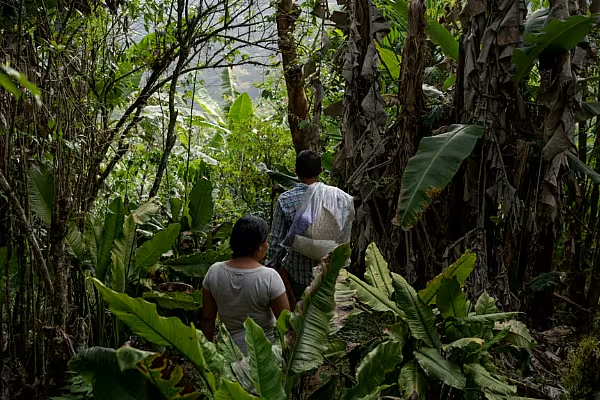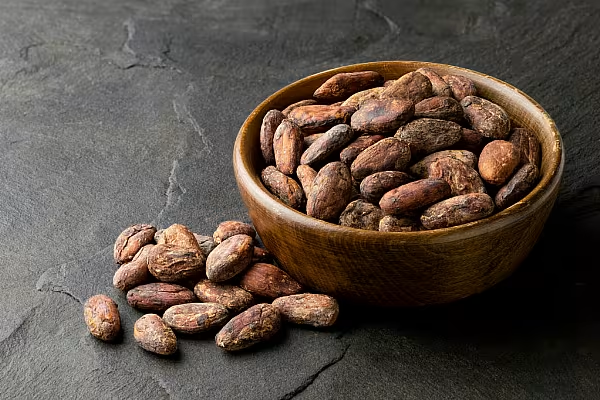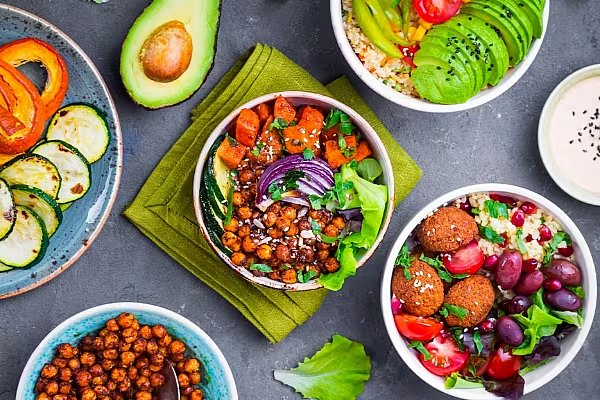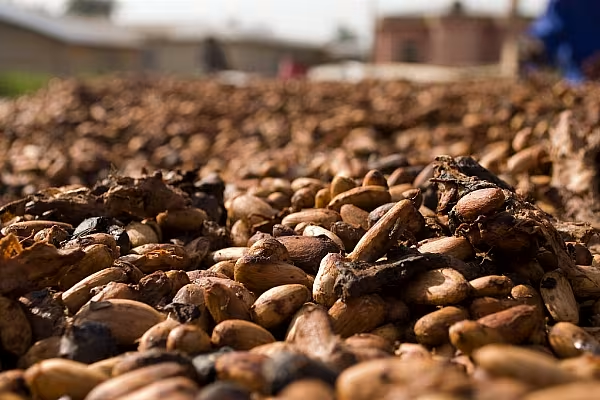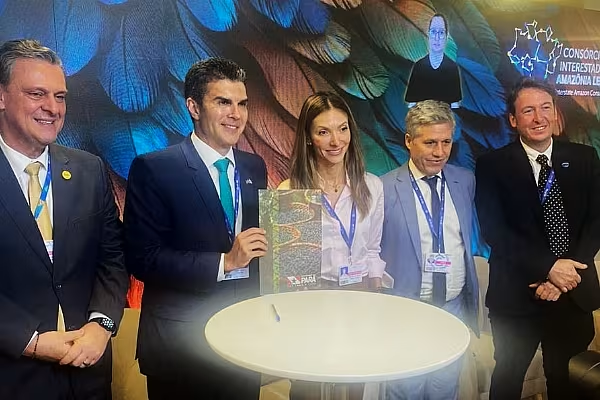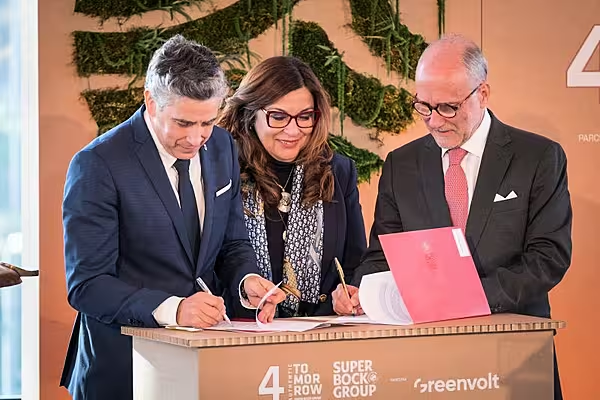Liqueur brand Kahlúa has achieved 100% traceability for its core ingredient – Arabica coffee – through the brand’s Coffee for Good initiative, which launched in 2016.
Kahlúa’s Arabica coffee is supplied by four Mexican farming communities, which provide around 300 tonnes of coffee, in the mountains of Veracruz.
The company has collaborated with Mexican NGO Fondo para la Paz (Fund for Peace), to promote better working conditions and more sustainable agricultural practices, as well as to protect biodiversity.
The project started in the village of Ocotempa, following on from customer demands to provide more information about the product’s environmental impact.
The Coffee for Good programme has resulted in the training of 704 farmers, the construction of 214 dry toilets, the planting of 213,500 trees, and the promotion of 70 women to leadership roles.
Investing In The Future
“Sustainability means changing, improving and investing now, for the benefit of a greater and more secure future,” said Lynne Millar, Kahlúa’s director of purchasing. “We have helped farmers introduce techniques and farm management practices that will not only maximise yields and combat climate change, but are guaranteed to preserve the nature and biodiversity of their surroundings.
“We also wanted our farmers to become more entrepreneurial, which many have – one of our farming families has created its own coffee brand. It is important to us that the farmers don’t sell 100% of their coffee to Kahlúa. We must ensure that they are not wholly dependent on one customer.”
Elsewhere, Craig van Niekerk, global vice-president of marketing for Malibu and Kahlúa, said that the business is striving to “go further” with its initiatives.
“This year, we have added another two villages to our programme, Popocatépetl and Mitepec,” van Niekerk said. “We are also looking at the potential for youth scholarships at local agricultural colleges. In the past, younger generations have been quick to migrate to Mexico City to seek work, but through the project’s success, many younger people believe that there is a future in coffee-farming after all.”
© 2022 European Supermarket Magazine – your source for the latest drinks news. Article by Amanda Merchán. Click subscribe to sign up to ESM: European Supermarket Magazine.
